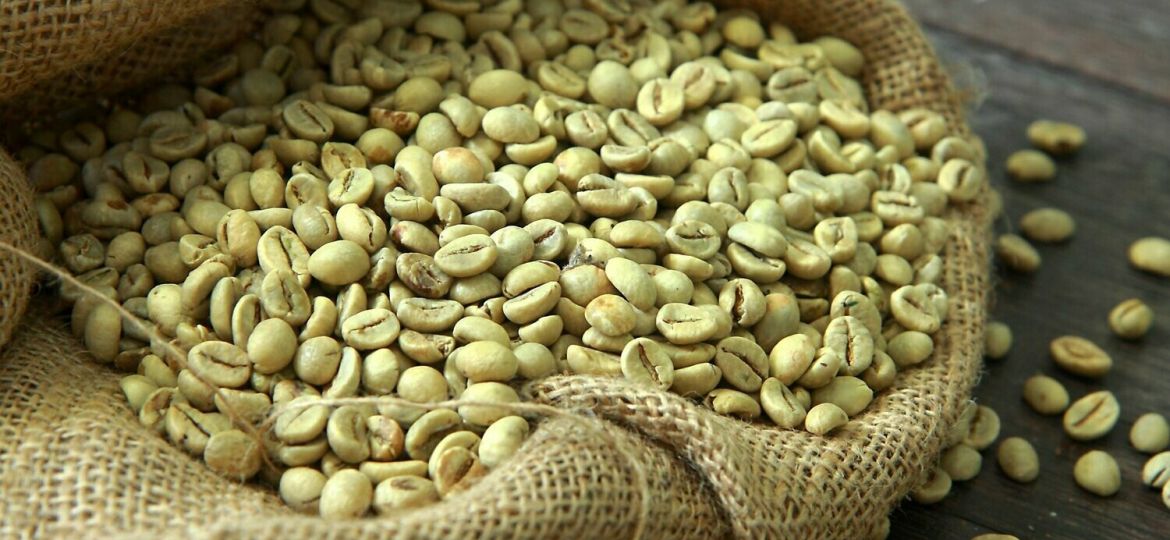
Green coffee beans, the unroasted seeds of Coffea fruits, are gaining popularity among coffee enthusiasts and health-conscious individuals alike. Understanding the shelf life of these beans is crucial for maintaining their quality and flavor. Proper storage conditions can significantly extend their usability, ensuring the beans retain their characteristic taste and beneficial properties.
Definition and Characteristics
Green coffee beans are the raw, unroasted seeds extracted from the berries of the Coffea plant. Unlike their roasted counterparts, these beans maintain a light green hue, a result of their unprocessed nature. They possess a mild, grassy flavor and contain a higher amount of chlorogenic acid, an antioxidant believed to offer health benefits, including weight loss support and reduced blood pressure.
Shelf Life Basics
The shelf life of green coffee beans varies, ranging from 6 months to 2 years under optimal storage conditions. Factors such as exposure to air, moisture, light, and temperature play a significant role in determining their longevity. Properly stored green coffee beans can maintain their quality over time, offering a fresher taste and preserving their health benefits.
Achieving this requires adherence to specific storage practices, such as using airtight containers and maintaining a stable environment free from extreme temperatures and humidity.
Importance of Proper Storage
Proper storage of green coffee beans is pivotal in preserving their longevity and quality. Adequate conditions help in preventing the loss of flavor and aroma over time, ensuring that the beans remain fresh and retain their distinctive characteristics.
Temperature and Humidity Control
To prevent quality degradation, it is essential to maintain ideal temperature and humidity levels. The optimal temperature range is around 68°F (20°C), with a humidity level of 60-65%. These conditions help in minimizing the risk of mold growth and the loss of intrinsic bean qualities.
Airtight Containers
Using airtight containers such as glass jars, vacuum-sealed bags, and metal canisters is beneficial for extending the shelf life of green coffee beans. These containers protect the beans from oxygen, moisture, and other environmental factors that can accelerate deterioration.
Avoiding Oxygen Exposure
Minimizing oxygen exposure is crucial for preserving the freshness of green coffee beans. Techniques include using containers with one-way valves to allow gases to escape without letting air in and limiting the frequency of opening storage containers.
Light and Heat Exposure
Exposure to light and heat can adversely affect the shelf life of green coffee beans. Storing beans in dark, cool places away from direct sunlight helps in maintaining their quality and extending their usability.
Freezing Green Coffee Beans
Freezing green coffee beans can be an effective method for long-term storage, with the potential to extend their shelf life significantly. However, it is crucial to use proper freezing and thawing techniques to prevent moisture from affecting the beans’ quality. Beans should be stored in airtight containers before freezing to protect them from freezer burn and moisture exposure.
Vacuum Sealing for Extended Shelf Life
Vacuum sealing offers an excellent way to extend the shelf life of green coffee beans, potentially up to two years. This method removes air from the storage container, significantly reducing the risk of oxidation and moisture exposure. Vacuum-sealed beans stored in a cool, dry place can maintain their freshness and flavor for an extended period.
Identifying Bad Green Coffee Beans
Bad green coffee beans can be identified through visible mold, discoloration, and an off-putting odor. Mold appears as white or gray spots, indicating spoilage, while discoloration from the original green signifies aging or exposure to adverse conditions. A stale or rancid smell replaces the fresh, bold aroma typical of green coffee beans, signaling that they have gone bad.
Impact of Age and Storage on Flavor
The age of green coffee beans and the conditions under which they are stored significantly impact their flavor. As beans age, especially when stored improperly, they lose their natural flavors and aromas, leading to a flat or even unpleasant taste profile. Moisture, light, and air exposure accelerate this deterioration process.
FAQs
Do Green Coffee Beans Go Bad?
Yes, green coffee beans can go bad. Signs of deterioration include mold, discoloration, and an unpleasant smell. Properly stored green coffee beans have a general shelf life of 6 months to 2 years, but it’s important to regularly check for these signs of spoilage.
Can You Freeze Green Coffee Beans?
Freezing green coffee beans is a viable option for long-term storage, provided that they are stored in airtight containers to prevent moisture and air exposure. Before freezing, divide the beans into small portions for ease of use, and ensure a consistent freezer temperature. Thaw the beans gradually in the refrigerator to preserve their quality.
How to Buy Fresh Green Coffee Beans
When purchasing green coffee beans, look for signs of freshness such as a vibrant green color and a strong, fresh aroma. Avoid beans that appear too dry or too moist, as this can indicate improper handling or storage prior to purchase. Selecting beans from reputable suppliers also ensures freshness.
Conclusion
The longevity and enjoyment of green coffee beans are heavily dependent on proper storage and care. Recognizing the signs of spoilage and understanding the impact of age and storage conditions on flavor are crucial.
By following the outlined best practices for storage, freezing, and purchasing, you can maintain the freshness and quality of your green coffee beans. This commitment to proper care ensures the optimal enjoyment and preservation of green coffee beans’ unique characteristics.









